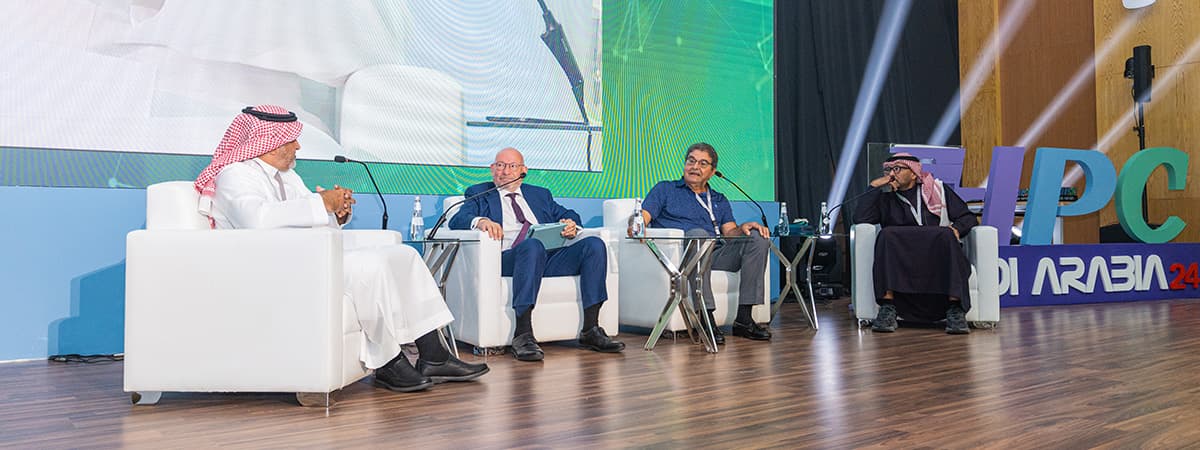The 12th Saudi Conference on High-Performance Computing and Artificial Intelligence, organized by King Khalid University's College of Computer Science and held at Al-Fara'a campus, kicked off with a series of scientific sessions featuring renowned experts and specialists. The sessions delved into the latest innovations and challenges in the fields of computing and artificial intelligence, with a particular focus on environmental sustainability.
The first day of the conference commenced with a lecture by Dr. Ayman bin Salem Ghalam, CEO of the National Center for Meteorology, on the "Operational Forecasting System of the National Center for Meteorology in Saudi Arabia." The presentation explored how high-performance computing can be utilized to enhance the accuracy of weather forecasts and ensure environmental sustainability. Followed by a panel discussion titled "Exploring High-Performance Computing Visions to Enhance Environmental Sustainability Initiatives", which was moderated by Saeed Al-Zahrani, Senior Technical Consultant at the Digital Transformation Center. The panel featured Yunus Mohammed, Executive Director of Technology at the National Center for Meteorology, Bruno Louquin, Vice President of the HPC AI and Quantum Business Group at Eviden/Atos, and Dr. Zaferis Christedis, Head of Weather and Climate Sector at Lenovo.
Subsequent sessions delved deeper into the applications of high-performance computing and artificial intelligence in various domains. Dr. Mohammed Al-Hafdi chaired the first session, during which Professor Farouk Adel Sid from King Saud University discussed the opportunities and challenges presented by artificial intelligence for environmental conservation. Dr. Yong Zhu from King Abdullah University of Science and Technology (KAUST) explored how high-performance computing can be leveraged for agricultural research and livestock production programs. Meanwhile, Mohammed Al-Tassan, CEO of OmniOps, provided insights into the role of sustainable computing in the AI revolution in Saudi Arabia.
The second session, chaired by Dr. Abdul Moneim Al-Shahrani, focused on the future of high-performance computing in cloud computing, science, and open source. Dr. Nagarajan Kathiresan from King Abdullah University of Science and Technology (KAUST) presented a study on using high-performance computing for plant genome analysis, while Zenith Arabia AI showcased innovative solutions for a sustainable future powered by artificial intelligence.
The first day concluded with a session chaired by Dr. Omar Al-Qahtani, which focused on applications of artificial intelligence for environmental sustainability. Presentations included the integration of artificial intelligence with nanotechnology to develop smart and sustainable agriculture, applications of generative artificial intelligence in computer vision tasks, and artificial intelligence-driven solutions for environmental challenges.

